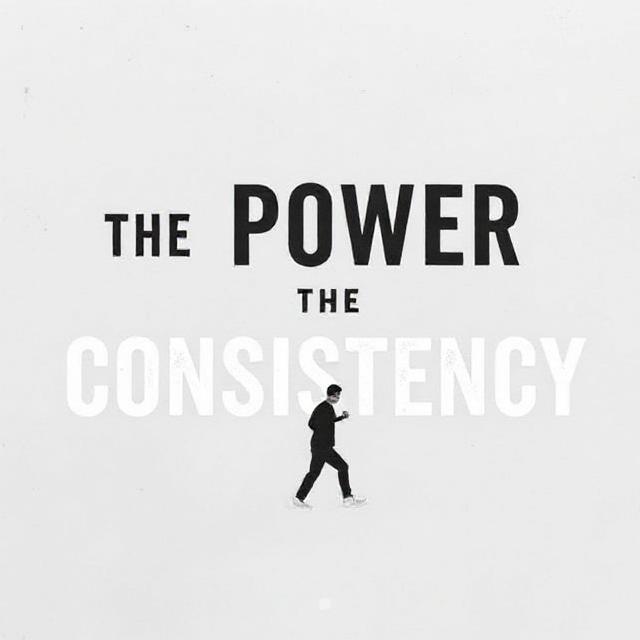
Most people go through life on autopilot — repeating the same habits, reacting to the same problems, and wondering why nothing changes. Real personal growth doesn’t come from doing more. It comes from understanding yourself deeply — your patterns, thoughts, fears, strengths, and mindset.
That’s where self-reflection becomes powerful. It’s not just thinking about your day; it’s looking at your actions, emotions, and decisions with honesty and awareness. When practiced regularly, self-reflection can shift your mindset, improve decision-making, and accelerate your personal development.
Why Self-Reflection Matters for Personal Growth
Self-reflection helps you:
- Understand your behavior patterns instead of repeating them unconsciously.
- Recognize emotional triggers and respond with maturity rather than impulse.
- Identify progress and growth you might be overlooking.
- Set clearer goals because you know what truly matters to you.
- Correct your path before life forces you to change through discomfort.
Without reflection, goals feel confusing, emotions feel overwhelming, and life feels rushed. With reflection, everything becomes clearer.
Signs You Need Self-Reflection in Your Life
You might need more self-reflection if you often feel:
| Feeling/Pattern | Meaning |
|---|---|
| “I feel stuck but don’t know why” | Lack of clarity. |
| “I keep repeating the same mistakes” | No conscious evaluation. |
| “I don’t know what I truly want” | You’re living by default, not by design. |
| “I get triggered easily by people or situations” | Unexamined emotional reactions. |
| “Everything feels fast and overwhelming” | Life is happening to you, not with you. |
Self-reflection shifts you from reactive living to intentional living.
Step 1: Create Space for Reflection
You don’t need an hour or a silent retreat. Start with 5 quiet minutes a day without distractions.
Choose your reflection moment:
- Before bed — review your actions and emotions.
- Morning — reflect before starting your day.
- After a situation triggers you — reflect immediately for emotional growth.
- Weekly deep reflection session — to adjust life direction.
What matters most is consistency, not duration.
Step 2: Ask Yourself Meaningful Questions
Self-reflection becomes powerful when guided by the right questions. Here are some you can use daily or weekly:
| Reflective Question | Purpose |
|---|---|
| What emotion did I feel most today, and why? | Builds emotional awareness. |
| What drained my energy? What boosted it? | Helps you design better days. |
| Did I act out of habit or intention? | Increases conscious decision-making. |
| What am I proud of today? | Reinforces positive identity. |
| What held me back today? | Helps identify limiting beliefs. |
| What pattern keeps repeating in my life? | Awareness creates change. |
Write or think through one question per day. This is better than trying to reflect on everything at once.
Step 3: Use Journaling as a Reflection Tool
You don’t need to write perfectly — this is not an essay. Journaling is a private conversation with your inner self.
Simple ways to journal for reflection:
- Free writing — write whatever comes to mind without filtering.
- Prompt-based journaling — pick one reflection question and answer it.
- Emotion tracking — write your strongest feeling and why it appeared.
- Pattern journal — record repeated experiences to identify hidden lessons.
Just one paragraph a day can change how you understand your life.
Step 4: Reflect on Reactions, Not Just Actions
Most people reflect only on what they did. But how you reacted emotionally reveals more about your inner world.
When something annoys you or excites you, ask yourself:
- “Why did this trigger me?”
- “What belief or expectation did this challenge?”
This helps you master emotional intelligence and grow faster than any productivity trick ever could.
Step 5: Turn Reflection into Actionable Growth
Reflection without action becomes overthinking. So, after reflecting, extract one lesson and apply it.
Use this 3-line method:
- Observation: What happened?
- Insight: What does this teach me about myself?
- Micro-action: What small step can I take tomorrow based on this?
Example:
- Observation: I procrastinated my work again.
- Insight: I postpone tasks when I feel overwhelmed.
- Micro-action: Tomorrow, I’ll start with just 5 minutes instead of waiting for motivation.
Step 6: Practice Self-Compassion While Reflecting
Reflection is not about judging yourself. It’s about understanding yourself with kindness.
Instead of saying…
- “I failed again.”
Try saying… - “I see my pattern. Now I know where to adjust.”
Self-judgment closes the door to growth. Self-awareness opens it.
Step 7: Weekly Deep Reflection Ritual
Once a week, create a longer reflection session of 10–20 minutes.
Here’s a simple weekly template:
- What went well this week?
- What drained my energy?
- What did I avoid, and why?
- What did I learn about myself?
- What one mindset shift will I carry into next week?
This transforms your weeks from repeating cycles to intentional growth phases.
How Reflection Changes Your Identity
Self-reflection is not just about goals and productivity — it reshapes your identity.
When you consistently reflect, you begin to see yourself differently:
- You become someone who responds thoughtfully instead of reacting.
- You become someone who learns from patterns instead of staying stuck.
- You become someone who grows intentionally instead of accidentally.
And over time, that identity shift leads to powerful personal growth.
Real-Life Reflection Example
Let’s say someone notices they always feel stressed on Mondays. Instead of ignoring it, they reflect:
- Observation: I wake up anxious every Monday.
- Insight: I don’t prepare mentally for the week and enter Monday without clarity.
- Action: On Sunday night, I’ll spend 5 minutes writing my Monday priorities.
This small reflection habit reduces stress and improves productivity — not because life changed, but because awareness created control.
Final Thought — Make Reflection a Lifestyle
Self-reflection shouldn’t be a task on your to-do list. It should be a lens through which you experience life. When you pause, observe, and understand, you start living more consciously and authentically.
You don’t need to change your life overnight. You just need to notice it more deeply. Awareness creates clarity. Clarity creates direction. And direction creates transformation.
Read More About: Guide to Developing Emotional Intelligence for Personal Growth



